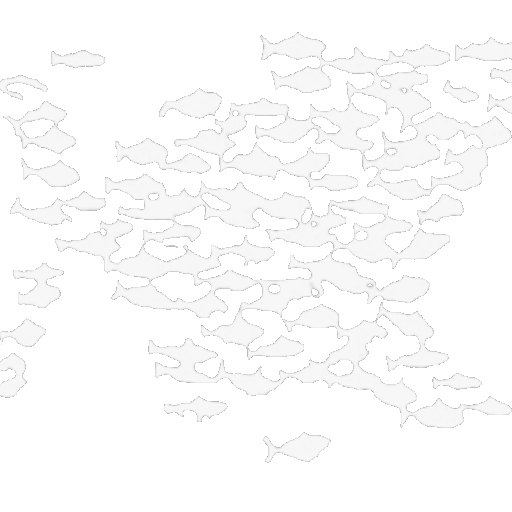Affording a house: Difference between revisions
More actions
Created page with "== Finding and affording a property == Some co-ops form when an opportunity arises – a house they are already living in comes onto the market for example. More commonly, the..." |
|||
| Line 4: | Line 4: | ||
What you can afford depends on how many members you have, what rent levels you will set, how much money you can raise and what terms you can borrow it on. | What you can afford depends on how many members you have, what rent levels you will set, how much money you can raise and what terms you can borrow it on. | ||
Radical Routes have produced a spreadsheet for house purchase cash flow projections which can help you model and compare different possibilities. It is available for free download from [http://radicalroutes.org.uk/publications-and-resources.html our website]. You start by feeding in your best guesses about the planned purchase – how many tenants? Paying what rent levels? What does a house cost in the area you want to live in that could house these people? Have you been offered any loans or donations already? Make sure to factor in the legal fees and other charges as well. | |||
Soon you will get a picture of the gaps that need filling, such as how large a mortgage you need to borrow. Don't get disheartened if at this stage it looks like you can't afford to house your members, it usually takes a fair amount of rejigging to get things to work for your needs. | Soon you will get a picture of the gaps that need filling, such as how large a mortgage you need to borrow. Don't get disheartened if at this stage it looks like you can't afford to house your members, it usually takes a fair amount of rejigging to get things to work for your needs. | ||
Revision as of 15:12, 15 March 2022
Finding and affording a property
Some co-ops form when an opportunity arises – a house they are already living in comes onto the market for example. More commonly, they start with a group coming together and working out how to meet their needs.
What you can afford depends on how many members you have, what rent levels you will set, how much money you can raise and what terms you can borrow it on.
Radical Routes have produced a spreadsheet for house purchase cash flow projections which can help you model and compare different possibilities. It is available for free download from our website. You start by feeding in your best guesses about the planned purchase – how many tenants? Paying what rent levels? What does a house cost in the area you want to live in that could house these people? Have you been offered any loans or donations already? Make sure to factor in the legal fees and other charges as well.
Soon you will get a picture of the gaps that need filling, such as how large a mortgage you need to borrow. Don't get disheartened if at this stage it looks like you can't afford to house your members, it usually takes a fair amount of rejigging to get things to work for your needs.
A purchase should work if all of the incomes are higher than the all the expenses and allow for the paying off of loans over time, often over quite a long time! Extending the length of a mortgage-type loan costs more over time but it also reduces monthly costs, which can make a business plan work much better.
Bear in mind that the asking prices advertised by estate agents can often be considerably higher than what the property will sell for, and that it is often possible to create more bedrooms by splitting large rooms, having fewer 'reception' rooms or building an extension.
It is usually best for co-ops to buy a property as then they can build up capital, be more in control of their property and not be supporting a landlord. Sometimes however, genuinely good opportunities arise to rent buildings for less than a co-op can raise from them in rental income.
Borrowing for a house purchase
Like with a private house purchase, most of the finance is usually raised with a mortgage.
Normally a mortgage lender will be prepared to lend you up to 70%-80% of the value of the property. Fewer mortgage lenders are now willing to lend to co-ops though. At the time of writing your best chance is to approach Ecology Building Society or Triodos bank. It may also be worth trying local building societies. Interest rates offered vary, so contact the lenders early on in the process to find out what they might offer as it will affect your cashflow projections. They will not commit to lending to you at this stage but it is useful to start a conversation.
Radical Routes offer mortgage type (i.e. paid off monthly with interest) loans to member co-ops which often helps bridge the gap between mortgage amount and the total needed to buy the house (alongside loan stock).
Loan Stock
This section I will come back to
Applying for Regeneration Money
This section I will also come back to
Public funding
You may be able to find other funding from the government or public bodies. This may be complicated, and will vary depending on your situation, shifts in policy and the type of problems big organisations are motivated to deal with locally.
Co-operative and Community Housing (CCH) have a report on options for funding new co-op homes on their website: http://www.cch.coop/newcoophomes/
